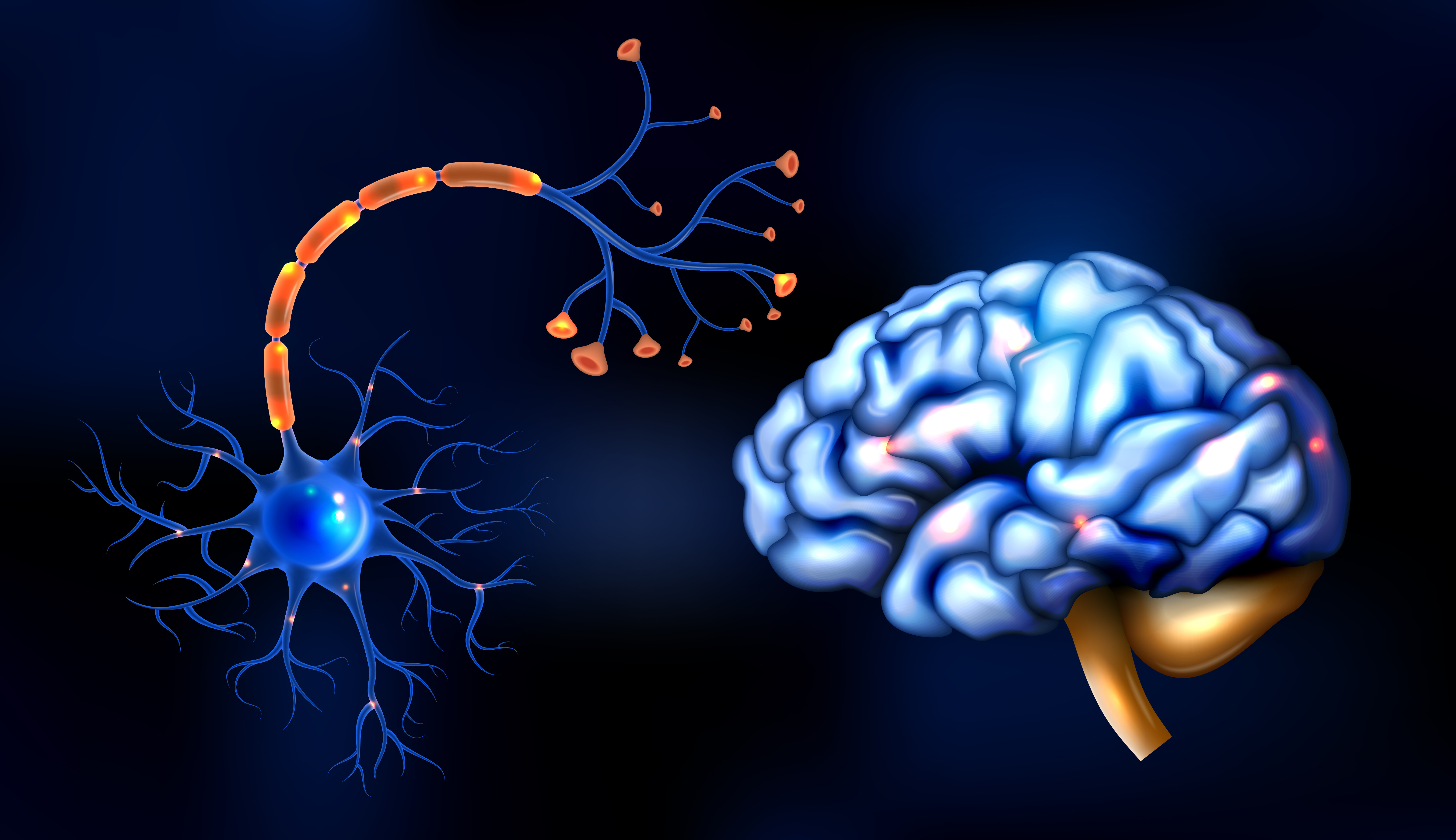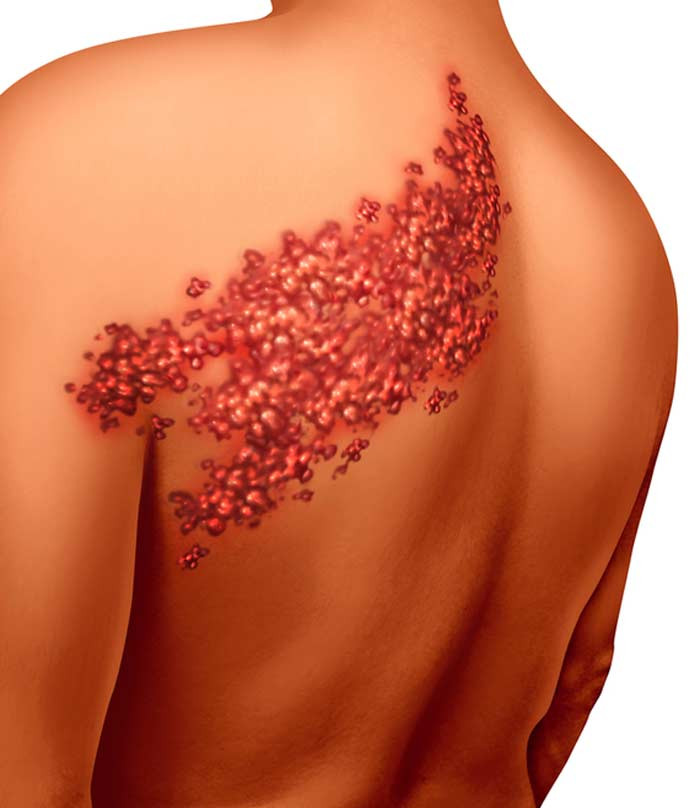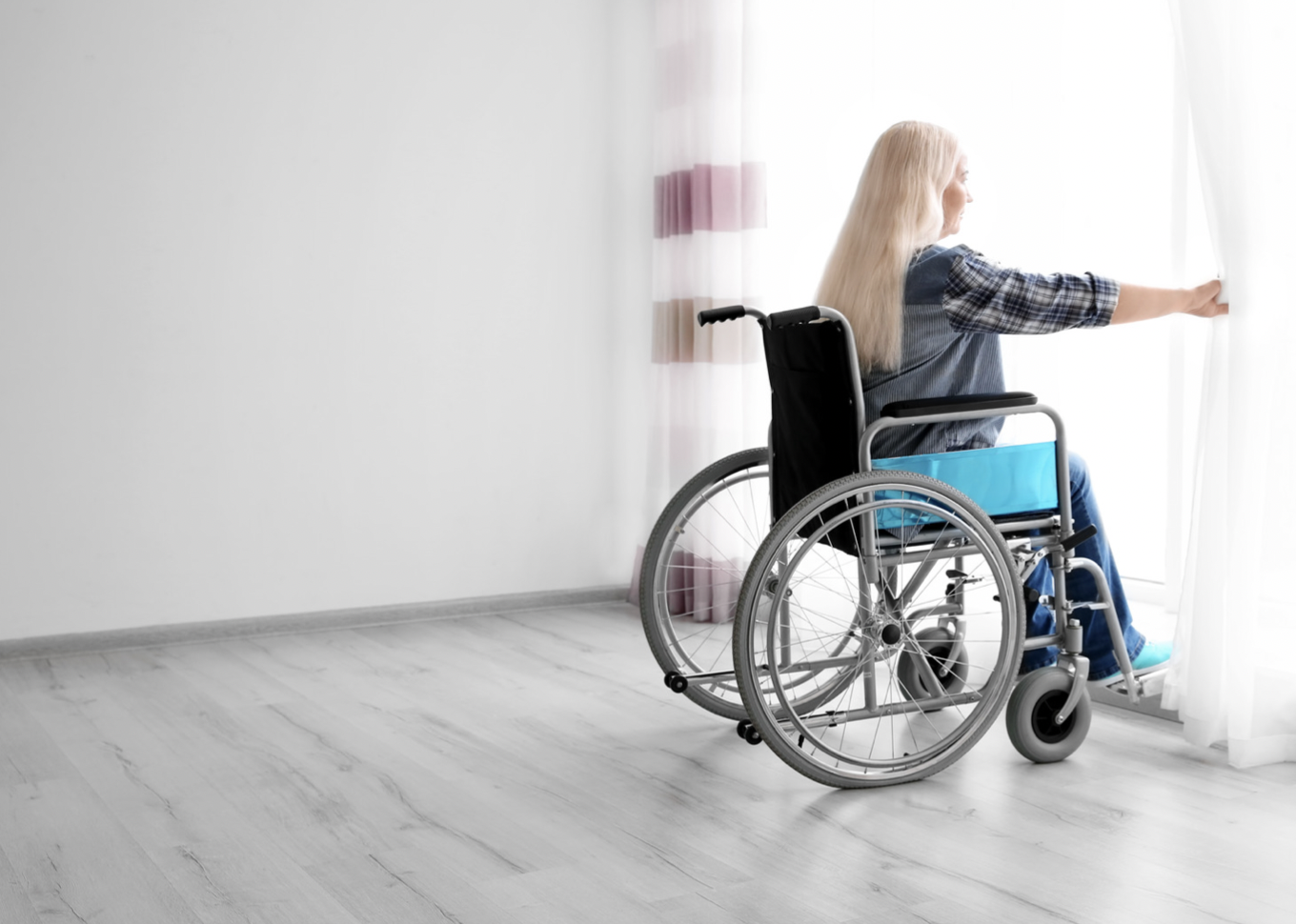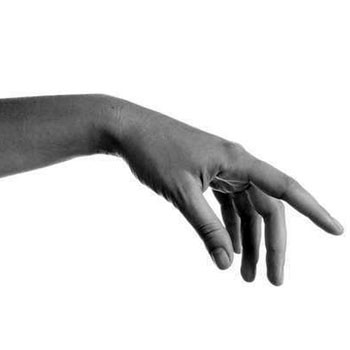Definition
Cholinesterase refers to an enzyme that supports proper nervous system function. There are two types of cholinesterase in the body: acetylcholinesterase and pseudocholinesterase (also called butyrylcholinesterase). Acetylcholinesterase is primarily found in red blood cells, as well as in the lungs, spleen, nerve endings, and the brain's gray matter. Pseudocholinesterase is present in blood serum, liver, muscles, pancreas, and the brain's white matter.
Acetylcholinesterase plays a critical role in nerve signaling by breaking down acetylcholine, a compound that facilitates signal transmission at nerve endings. When acetylcholinesterase activity decreases, excess acetylcholine builds up at nerve endings, leading to overstimulation of nerves. In contrast, pseudocholinesterase is mainly involved in the metabolism of drugs. Cholinesterase tests are used to assess the activity of these enzymes.
Exposure to certain compounds, such as organophosphates and carbamates commonly found in insecticides or sprays, can disrupt the function of these enzymes. If such compounds enter the body, they may impair breathing and cause muscle weakness.
Indications
Cholinesterase testing is often recommended for individuals working in occupations involving exposure to organophosphates, such as in agriculture or the chemical industry, to ensure routine monitoring within safe exposure limits.
This test may also help detect acute organophosphate poisoning, which can cause neuromuscular damage due to rapid absorption through the lungs, skin, or digestive system. Symptoms of poisoning include:
- Dizziness
- Nausea
- Excessive tearing
- Profuse sweating
- Diarrhea
- Blurred vision
- Weakness or muscle spasms
- Slow breathing
In severe cases, poisoning may lead to seizures, coma, or death. The test can also assess the risk of post-operative paralysis in patients undergoing certain surgeries with specific anesthetics.
Contraindication
There are no specific contraindications for cholinesterase testing. However, ensure you are well-hydrated, calm, and not experiencing stress before the procedure.
Preparation before the Test
No specific preparation is required before undergoing a cholinesterase test. However, if you are undergoing another type of test, you may be instructed to fast for several hours before the procedure. Since certain medications and foods can influence test results, it is important to inform your doctor about any substances you are consuming that might impact the test.
Test Procedure
The cholinesterase test requires a blood sample. A healthcare provider will clean the skin on your arm with an alcohol swab and then draw a small amount of blood from a vein using a sterile syringe. For infants, the blood sample may be taken from the heel. The collected sample is placed in a blood tube and analyzed using specialized laboratory equipment. Typically, test results are available within a day.
Normal and Abnormal Values
The normal range for cholinesterase levels is between 8 and 18 units per milliliter (U/mL) or 8 and 18 kilounits per liter (kU/L). However, this range can vary based on factors such as age, race, gender, and the laboratory conducting the test.
Abnormal values may indicate that cholinesterase levels are either higher or lower than the normal range. Additional factors influencing test results include symptoms, environmental conditions (e.g., altitude), diet, physical activity, and medications.
Results and Recommendations (Further Testing)
Normal
Cholinesterase test results within the normal range suggest no abnormalities. To maintain your health, it is advisable to follow a balanced diet, engage in regular physical activity, and schedule routine health check-ups. Discuss your results with your doctor, as they may recommend further evaluations based on other health considerations.
Low
A lower-than-normal cholinesterase level could indicate conditions such as chronic infections, prolonged malnutrition, liver damage, metastatic cancer, organophosphate poisoning, or inflammation due to other diseases.
Mild decreases in cholinesterase levels can also result from conditions like pregnancy or the use of contraceptive pills. In some laboratories, signs of poisoning may be detected when values fall between 40% and 80% of the normal range. Consult with your doctor to interpret the results and determine the appropriate follow-up steps or treatments.
Consult the Right Doctor
If your cholinesterase test results are abnormal, consult a general practitioner for an accurate diagnosis and treatment plan. You may also be referred to an internist for further evaluation. Depending on your results, the doctor may recommend additional tests, including drug screening, complete blood tests, electrolyte panels, or blood cultures.
Treatment will depend on the underlying cause of the abnormal values. It is important to discuss with your doctor the most suitable course of treatment for your condition.
Want more information about laboratory, radiology, and other test results? Click here!
- dr. Monica Salim
Cholinesterase - Blood. (2023). Retrieved 09 May 2023, from https://www.ucsfhealth.org/medical-tests/cholinesterase---blood
Cholinesterase Tests. (2021). Retrieved 09 May 2023, from https://www.testing.com/tests/cholinesterase-test/
Cholinesterase - Blood. (2021). Retrieved 09 May 2023, from https://www.mountsinai.org/health-library/tests/cholinesterase-blood
Cholinesterase (Blood). (2023). Retrieved 09 May 2023, from https://www.urmc.rochester.edu/encyclopedia/content.aspx?conatenttypeid=167&contentid=cholinesterase_blood
Cholinesterase. (2023). Retrieved 09 May 2023, from https://www.southtees.nhs.uk/services/pathology/tests/cholinesterase/











